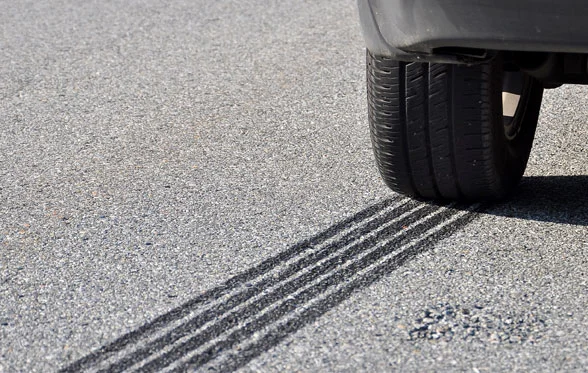EU Regulation No. 2015/758, which was published on 19th May 2015, requires all new types of M1 and N1 category vehicle (i.e. passenger cars, multipurpose passenger vehicles and light goods vehicles with a GVW not exceeding 3,500 kg) to be permanently fitted with an in-vehicle eCall system from 31st March 2018. eCall systems are systems fitted to motor vehicles which, if the vehicle is involved in a severe accident, automatically contact the emergency services via a mobile phone network, provide the emergency services with the precise location of the vehicle using GPS and establish a voice connection between the vehicle and the emergency services.
Although (EU) No. 2015/758 specified the basic requirements for eCall systems, it did not specify the detailed technical requirements that eCall systems must comply with. Development of the necessary detailed technical requirements was delegated to the European Commission.
Having worked on the development of these technical requirements for almost two years, the Delegated Regulation specifying the detailed technical requirements for eCall systems was finally published on 17th January 2017 as Commission Delegated Regulation (EU) 2017/79. The requirements contained in this new Regulation are specified in nine separate Annexes, the contents of which can be summarised as follows:
- Annex I -Technical requirements and procedures for testing the resistance of eCall in-vehicle systems to severe crashes, which requires all of the eCall components to remain functional after being subjected to a high severity deceleration sled test, during which a deceleration of at least 65g must be maintained for at least 4 milliseconds.
- Annex II- Full scale impact test assessment, which specifies that the eCall system must trigger and operate correctly when the complete vehicle is subject to either a frontal impact test in accordance with ECE Regulation No. 94 or a side impact test in accordance with ECE Regulation No. 95.
- Annex III - Crash resistance of audio equipment, which specifies test procedures to ensure the correct operation of the microphone and loudspeaker fitted as part of the eCall system after the complete vehicle has been subjected to either a frontal impact test in accordance with ECE Regulation No. 94 or a side impact test in accordance with ECE Regulation No. 95.
- Annex IV - Co-existence of third party services with the 112 based eCall in-vehicle systems, which specifies requirements on optional third party (added value) systems to ensure that the 112 based eCall system will still operate if the third party system fails.
- Annex V - Automatic triggering mechanism, which requires vehicle manufacturers to provide the Type Approval Authority with details of the triggering strategy adopted for the eCall system so that the Type Approval Authority can verify that the system will always trigger after a "severe" impact, regardless of the impact configuration, but will not trigger following "minor" impacts.
- Annex VI - Technical requirements for compatibility of eCall in-vehicle systems with the positioning services provided by Galileo and the EGNOS systems, which specifies test procedures to verify that the eCall system is compatible with both the Galileo and EGNOS global positioning services.
- Annex VII - In-vehicle self test, which specifies requirements on the diagnostic checks the system must undertake each time it is powered up and on the warnings that must be provided to the driver if a malfunction is detected in the eCall system.
- Annex VIII - Technical requirements and test procedures related to privacy and data protection, which specifies requirements to ensure the privacy of vehicle users and to ensure that any personal data processed by the eCall system is not retained by the system any longer than necessary.
- Annex IX - Classes of vehicle referred to in Article 2, which specifies the types of vehicle for which an exemption from the mandatory eCall system fitting requirement is permitted.
Compliance with this new Regulation becomes mandatory for new types of M1 and N1 category vehicle from 31st March 2018.
Also published on 17th January 2017 was Commission Implementing Regulation (EU) 2017/78, which establishes the administrative provisions (i.e. information document format, type approval certificate format, etc.,) for the European type approval of eCall systems and components. Compliance with this Regulation also becomes mandatory for new types of M1 and N1 category vehicle from 31st March 2018.
